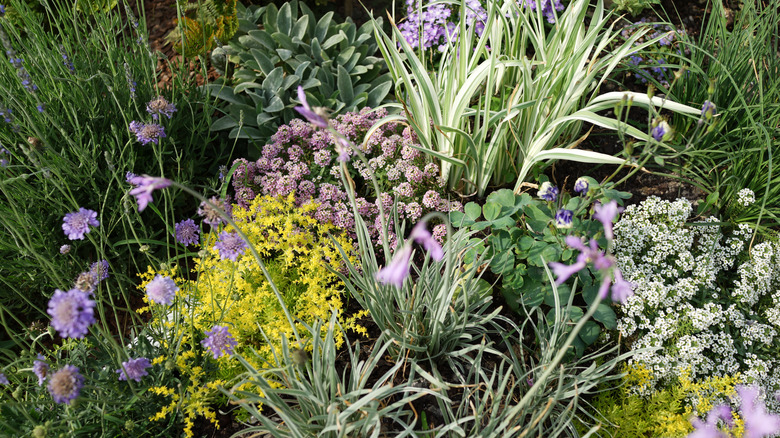Understanding the Impact of Mulch on Garden Temperature
When selecting the best mulch for your garden, there are several factors to consider. While it’s important to evaluate how quickly the mulch breaks down and how easy it is to apply, one often overlooked aspect is its effect on temperature. The climate in which you live can significantly influence the effectiveness of different types of mulch. For instance, rock mulch, such as landscaping stone, can become extremely hot and retain heat, potentially harming the roots of your plants.
Rock mulch not only absorbs heat but also emits it, creating a microclimate that can be excessively warm. This can turn your flower beds into the hottest parts of your yard, similar to urban heat islands. These heat islands occur when natural elements like trees and water bodies are replaced by man-made structures, leading to higher temperatures in those areas. In contrast, natural features like leafy plants and water help cool their surroundings, while concrete and asphalt tend to increase heat.
Even if the heat from rock mulch doesn’t kill your plants, it can still cause heat stress, which negatively affects their health and makes them more difficult to care for. When temperatures exceed 90 degrees Fahrenheit, plant growth slows down. Many plants respond to heat by dropping flowers and fruit, curling leaves, or wilting. Crops like lettuce and cilantro may even bolt, meaning they go to seed prematurely, reducing their quality and yield.
Choosing the Right Mulch for Warm Climates
For gardens in warmer climates, natural mulches like straw, pine needles, and wood chips are often a better choice. These materials help regulate soil temperature and retain moisture, creating a more favorable environment for plant growth. They also improve soil fertility as they decompose, enriching the soil with nutrients. Maintaining an optimal soil temperature also supports beneficial organisms like earthworms, which help aerate the soil and promote microbial activity that fights plant diseases and aids in decomposition.
In addition to traditional mulches, consider using low-growing ground cover plants as a living mulch. These plants offer many of the same benefits as wood chips and straw, including weed suppression, erosion control, and attracting beneficial insects. They also require less frequent renewal compared to traditional mulch, making them a more sustainable option.
Plant-based mulches are typically easier to handle than rock mulch because they are lighter and less cumbersome. Whether you’re moving them into a wheelbarrow or spreading them around your garden, the task is generally less physically demanding. This convenience can make the difference between doing the work yourself and hiring someone else, saving you money and providing a sense of accomplishment.
Benefits of Natural Mulch and Living Mulch
Natural mulches provide a range of advantages beyond just temperature regulation. They help maintain consistent soil moisture, reduce weed growth, and enhance the overall health of your garden. As they break down, they contribute organic matter to the soil, improving its structure and nutrient content. This process supports a thriving ecosystem of microbes and other beneficial organisms that contribute to long-term soil health.
Living mulch, such as clover or other low-growing plants, offers additional benefits. These plants can act as a natural barrier against weeds while also adding aesthetic value to your garden. They can attract pollinators and other beneficial insects, promoting a balanced and healthy garden environment. Plus, they require less maintenance over time, making them an excellent choice for busy gardeners.
By carefully selecting the right type of mulch for your garden, you can create a more comfortable and productive growing environment. Whether you choose traditional plant-based mulches or opt for living mulch, the key is to support the health of your plants while maintaining a balance that works with your local climate.






